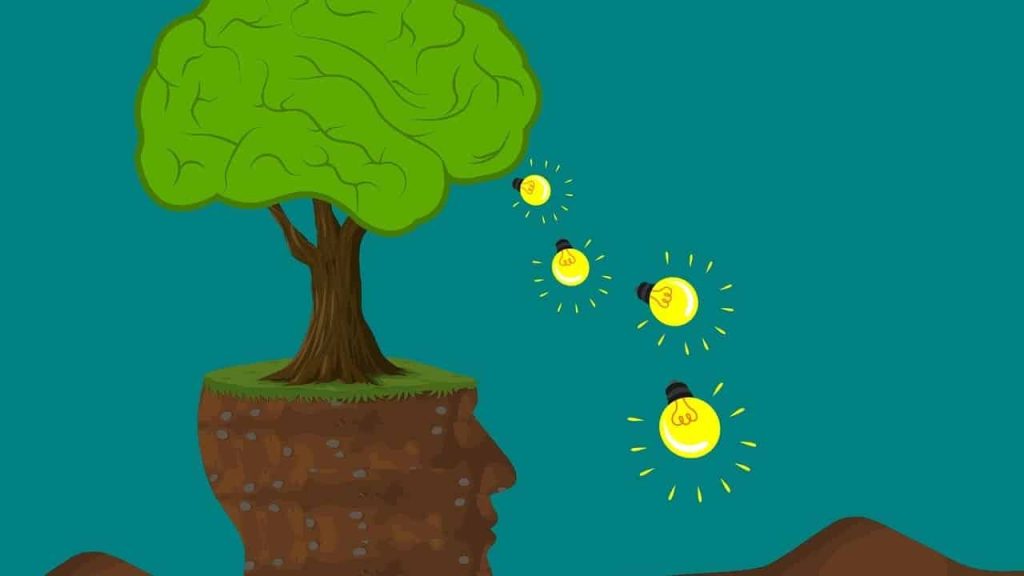Applying for food stamps, also known as the Supplemental Nutrition Assistance Program (SNAP), is a serious process. It’s designed to help people with low incomes buy groceries. However, intentionally giving false information on a food stamps application is a big no-no. This essay will explore the different kinds of trouble someone can get into for lying on their application, covering everything from what the punishment might be to how the government finds out about the lies in the first place.
What Happens if You Lie? Penalties for Dishonesty
So, what actually happens if you’re caught lying on your food stamps application? The penalties can range from a warning to serious consequences like jail time and hefty fines. It really depends on the severity of the lie and whether it’s a first offense.

Common Lies and How They Get Caught
People might lie on their applications for various reasons, often to try and get more benefits than they’re actually eligible for. This can include not reporting income, hiding assets like savings accounts, or falsely claiming the number of people in their household.
Here are some ways the government might discover these lies:
- Matching information: The government compares what you say on your application with information from other sources, like your employer or the bank.
- Reviews and audits: Your application might be randomly selected for a detailed review.
- Tips and complaints: Someone who knows about the lie could report you.
- Cross-checking: The government might check with other social security programs.
It’s important to be truthful because the consequences of getting caught are always worse than just being honest in the first place.
Different Types of Punishment
The punishment for lying can vary greatly. It depends on the state you live in and how serious the fraud is. A first-time offender might get a slap on the wrist, but repeated offenses or large amounts of benefits obtained through lying can lead to more severe penalties.
Here’s a breakdown of possible punishments:
- Benefit reduction: This is a common first step. You might have your food stamps benefits reduced or stopped for a certain period.
- Repayment: You will have to pay back the money you wrongfully received.
- Fines: You could be fined a certain amount of money, which could be quite substantial.
- Probation: You might be placed on probation, meaning you have to follow certain rules and check in with a probation officer.
The punishments are meant to deter people from cheating the system and ensure that food stamps are used properly.
Criminal Charges: Jail Time and Beyond
In the most serious cases, lying on a food stamps application can lead to criminal charges. This usually happens if the amount of money fraudulently obtained is significant, or if the person has a history of fraud.
Here’s what could happen if you face criminal charges:
| Possible Charge | What it Means |
|---|---|
| Misdemeanor | Less serious crimes, may result in jail time (less than a year) and fines. |
| Felony | More serious crimes, can lead to a year or more in prison, and very large fines. |
Having a criminal record can make it hard to get a job, find housing, and even vote. It is always a good idea to be truthful on your application.
The Importance of Honesty
Ultimately, honesty is the best policy when it comes to food stamps. The system is there to help those who truly need assistance. Trying to cheat the system is not only wrong, but it can lead to serious legal trouble. Instead of taking the risk, be honest about your situation. If you’re struggling, the program can still provide for you in a way that’s legal and fair.
In conclusion, the punishment for lying on a food stamps application can be quite severe, ranging from benefit reductions to jail time and hefty fines. It’s a serious offense with long-lasting consequences. Always be truthful when applying, because honesty is the only way to ensure you’re getting the help you need without getting into trouble with the law.